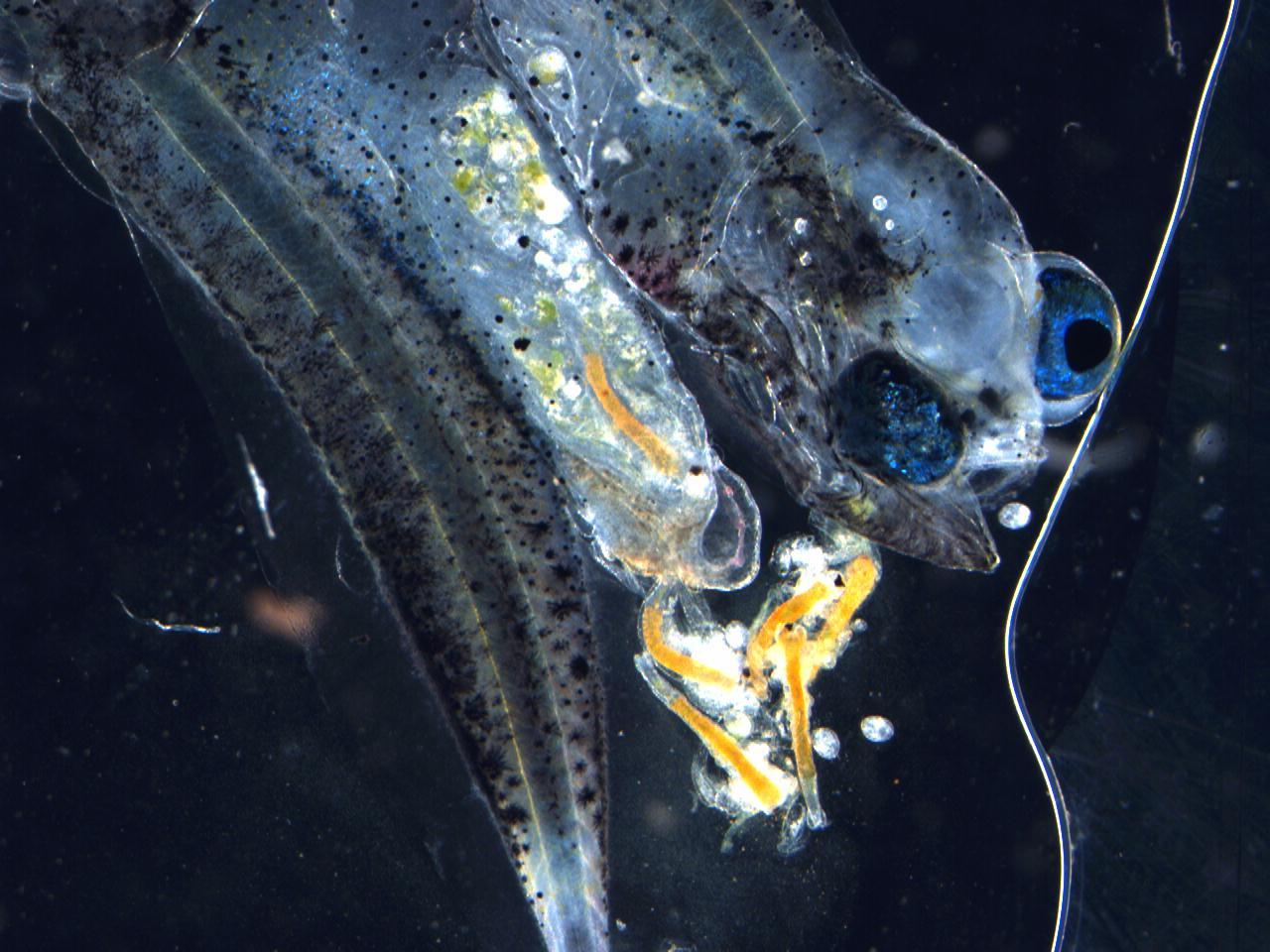
Optimizing the larval nutrition of marine finfish aquaculture species along the West Coast
This project delineates pioneering methods to escalate the production of marine finfish on the west coast of the US. Current commercial-scale production domestically has showcased potential, yet it exhibits discrepancies in consistency and remains inferior compared to global counterparts. We propose to augment these operations through the implementation of novel larval feeds and feeding techniques, designed to boost production rates consistently. This venture aims to strengthen regional aquaculture practices by engendering versatile strategies that can further enhance the growth of other marine finfish across the country.
Objectives:
- Establish baseline indices for each species using current culture techniques as a benchmark for evaluating the project’s success over time: a. Culture Efficiency Index – transition points from one feed to another through the larval rearing phase. Less time on live feeds will ultimately translate into increased efficiency (e.g. reduced labor costs); b. Biological Performance Indices – at the end of the larval phase measure: a) individual growth in length and weight, 2) survival as a percentage from the egg stage, and 3) quality using measures of morphology and/or stress tolerance.
- Refine and implement methods that allow assessment of larval feed intake and behavior to support research Objectives 3 and 4; a. Employ diet “tracers” as a measurement tool for food choice and manipulative feeding trials; b. Employ lipid spray beads (LSBs) as a delivery vehicle for feed supplements to live prey and complex feeds; c. Employ video monitoring system and image analysis software for documenting larval feeding behaviors, kinetics and morphology under experimental feeding conditions; seek to couple this system with a feeder.
- Increase survival and growth during the larval stage through optimization of live food types and enrichment formulations.
- Increase survival, fitness, and growth during weaning from live foods to formulated feeds through the development and/or identification of formulated micro diets.
Project Summary
| Duration: | 3 years |
|---|---|
| Funded Date: | 09/01/2010 |
| Funding level: | $200,544 |
| PI: |
|
| Advisors: | |
| Location: | California - CA, Idaho - ID, Oregon - OR |
| Species: | Yellowtail |
| Topics: | Diet and Nutrition, Hatchery |
